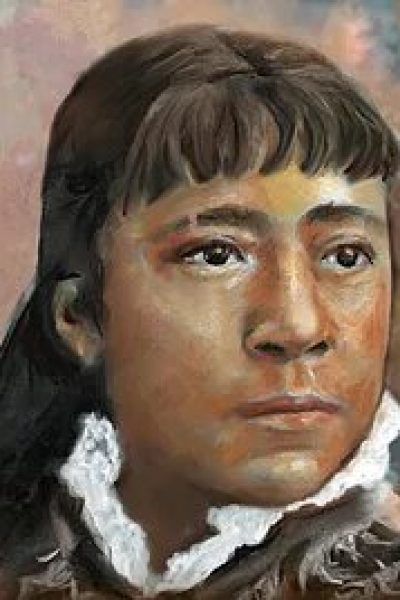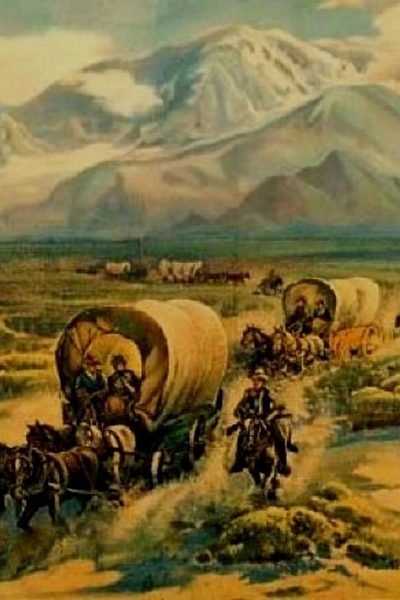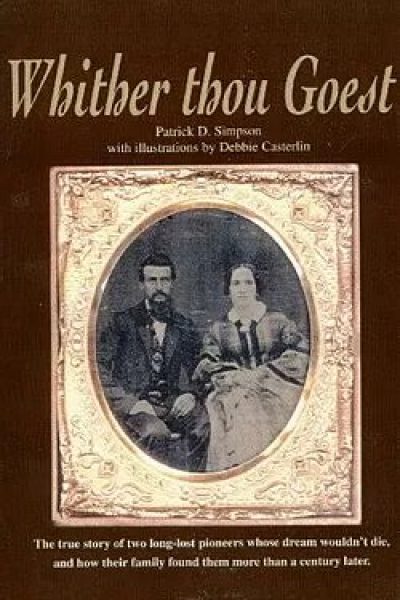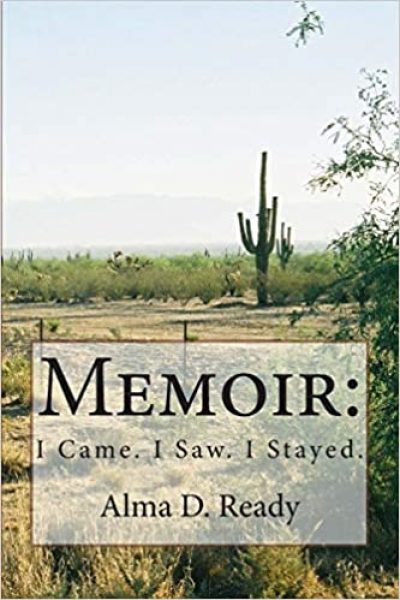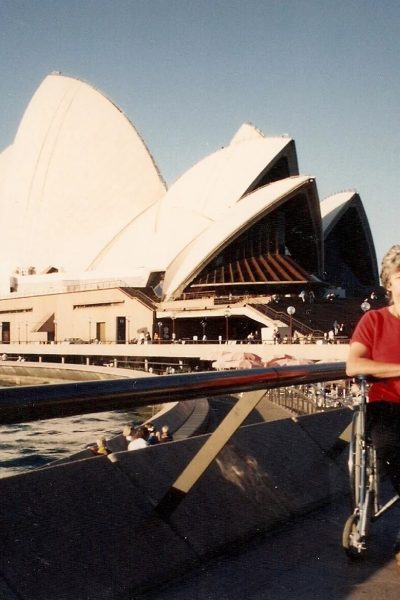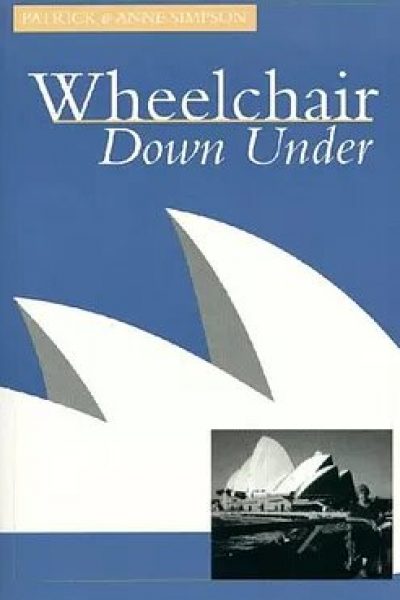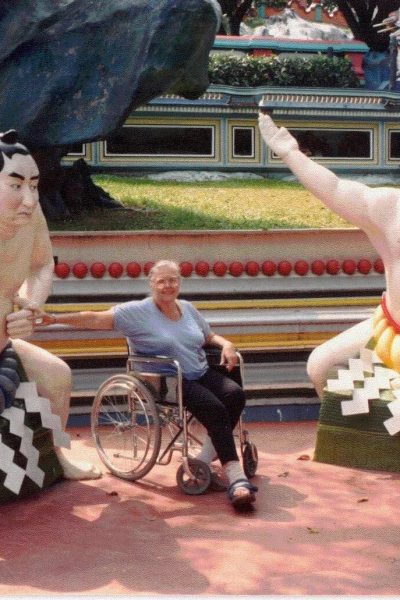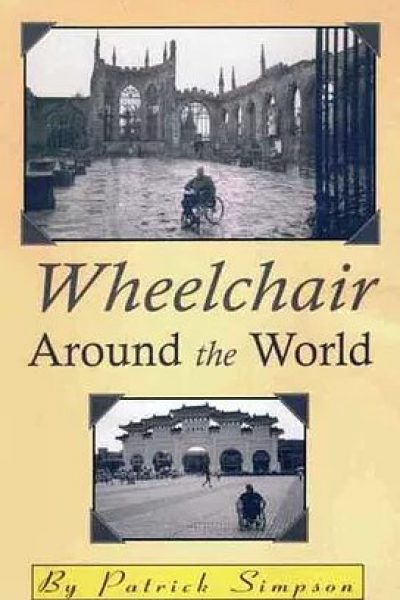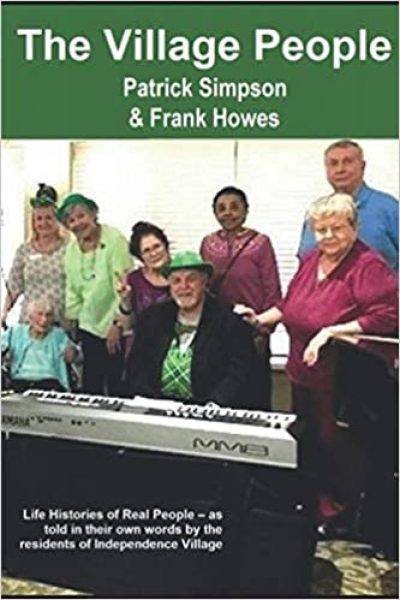

ABOUT THE AUTHOR: PATRICK SIMPSON
After Pat Simpson and his wheelchair-dependent wife Anne traveled the world, Pat launched his writing career with two highly acclaimed nonfiction books for physically disabled travelers: Wheelchair Around the World and Wheelchair Down Under. His third book, Whither thou Goest, won the 2004 “Nonfiction Book of the Year Award” from Jada Press. After years of travel and research, much of it with Anne, Pat came out with his first historical novel, Desert Angels. Along the way he met some of the most unforgettable people of his life while visiting libraries, museums, Indian reservations and battle sites all over the American West. He followed Indian warpaths and pioneer trails, including the entire Oregon Trail—twice! Desert Angels came out in 2012 and is now available in print and e-book formats on Amazon.com, Barnesandnoble.com and Smashwords.com.
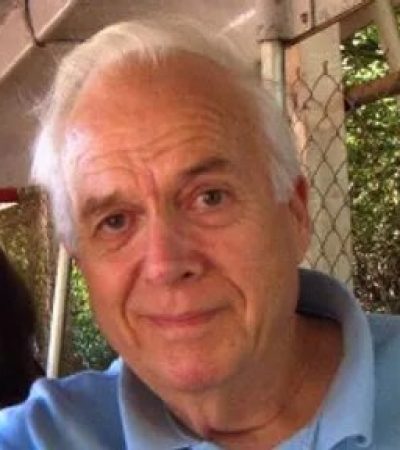
PAT’S BOOKS
PAT’S POSTS
Latest Posts
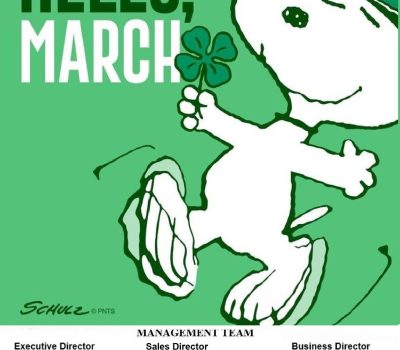
Village Times March 2025
THE VILLAGE TIMES Independence Village of Olde Raleigh Resident Newsletter The Honeybee – by Margie Lewin Before he became

Village Times February 2025
THE VILLAGE TIMES Independence Village of Olde Raleigh Resident Newsletter Meet “Chip” Carter Meet new residents James P. “Chip”

Village Times January 2025
THE VILLAGE TIMES Independence Village of Olde Raleigh Resident Newsletter Christmas Traditions – by Volunteer Editor Pat Simpson Q. Can

Village Times December 2024
THE VILLAGE TIMES Meet our new Executive Director: Brooke Mistretta by Pat Simpson Brooke Mistretta became our new Executive

Village Times November 2024
THE VILLAGE TIMES Meet Paula Moore by Pat Simpson Hello I’m Paula Moore. People call me Paula. In 1949

Village Times October 2024
THE VILLAGE TIMES Meet Betty Best (and her dog Cutie Pie) –by Pat Simpson (Volunteer Editor of the Village Times)

Village Times September 2024
THE VILLAGE TIMES The First American Tycoon-by Richard Smalto Who was the first American tycoon? Many people familiar with the

Village Times August 2024
THE VILLAGE TIMES Meet Demetrius Vance by Pat Simpson (Volunteer Editor of the Village Times) Hello everyone. I’m new

Village Times July 2024
THE VILLAGE TIMES Independence Village of Olde Raleigh Resident Newsletter Meet Vicki and Jesse Hales by Pat Simpson Meet

Village Times June 2024
THE VILLAGE TIMES Independence Village of Olde Raleigh Resident Newsletter Meet Mabel Boerger by Pat Simpson Hello everyone! My name

Village Times May 2024
THE VILLAGE TIMES Independence Village of Olde Raleigh Resident Newsletter Say “Hello” to our new move-ins: Betsey Brown, Vicki and

Village Times April 2024
THE VILLAGE TIMES Independence Village of Olde Raleigh Resident Newsletter Things To Remember About Our Furry Friends – by Margie
